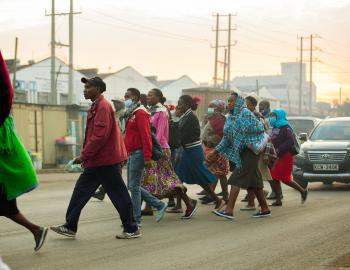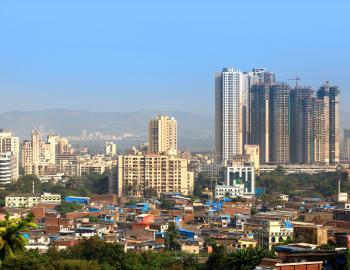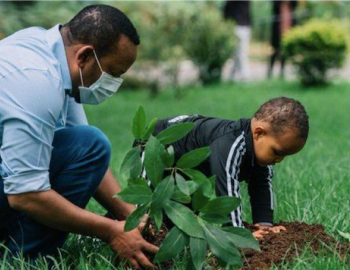POLICY BRIEF: Climate change and poverty reduction
POLICY BRIEF: Climate change and poverty reduction
Climate change will make it increasingly difficult to achieve and sustain development goals. This is largely because climate effects on poverty remain poorly understood, and poverty reduction strategies do not adequately support climate resilience. Ensuring effective development in the face of climate change requires action on six fronts: investing in a stronger climate and poverty evidence base; applying the learning about development effectiveness to how we address adaptation needs; supporting nationally derived, integrated policies and programmes; including the climate-vulnerable poor in developing strategies; and identifying how mitigation strategies can also reduce poverty and enable adaptation.
A new CDKN policy brief, Climate Change and Poverty Reduction by Simon Anderson of IIED, explores how climate change is making it increasingly difficult to achieve and sustain development goals. Anderson suggests some basic principles to guide policy-makers in locking in and achieving further development gains in a changing climate.
The report’s key messages are:
- More variable climates are making it harder for the poor to climb out and stay out of poverty.
- Stronger evidence is required on how climate makes poverty harder to eradicate.
- For development to be climate-resilient, policy instruments to reduce poverty and enable adaptation must be integrated, and designed in a way that includes the climate-vulnerable poor.
- Identifying how mitigation strategies can also reduce poverty and support adaptation is an important part of climate-resilient development.
Image courtesy Centre for International Tropical Agriculture.



